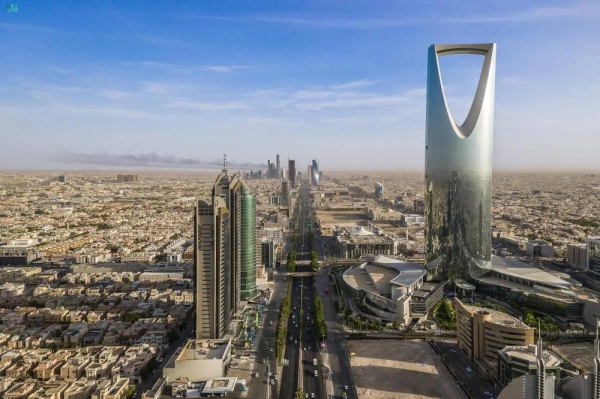Saudi Arabia Introduces New Financial Settlement Rules for Corruption Cases

In a significant move to combat corruption, King Salman of Saudi Arabia has approved new financial settlement regulations aimed at recovering embezzled funds and expediting justice for those involved in corruption cases. This initiative aligns with the Kingdom’s ongoing efforts to enhance transparency and accountability.
Follow our Facebook page for the latest news and job updates!
Key Highlights of the New Regulations
The Chairman of the Oversight and Anti-Corruption Authority (Nazaha), Mazen Al-Kahmous, expressed appreciation for the royal decree, stating that the new rules will bolster investigations and facilitate the recovery of misappropriated public funds.
He emphasized the importance of voluntary participation in these settlements, which are designed to promote a form of voluntary justice.
Settlement Process
- Eligibility: Individuals and entities can enter settlements for corruption offenses committed before November 4, 2017, which were previously undisclosed.
- No Criminal Charges: Those who voluntarily agree to settlements will not face criminal charges for offenses committed prior to the decree.
- Financial Obligations: Settling parties must return stolen funds and pay a five percent annual penalty on misappropriated amounts from the time of the offense until full repayment.
Benefits of the New Framework
The new rules provide several advantages for those coming forward:
- Exemption from Public Prosecution: Individuals who fully disclose their corruption cases will be exempt from public prosecution.
- Legal Binding Agreements: Once approved by the head of the Investigation and Prosecution Unit, settlement agreements are legally binding and cannot be appealed.
- Timeframe for Compliance: Individuals have up to three years to meet their settlement obligations. Failure to comply will result in criminal proceedings.
Additional Provisions
- Incentives for Early Reporting: Individuals who report within one year of the decree’s issuance will be exempt from the five percent penalty if they adhere to settlement terms.
- Options for Convicted Individuals: Those already convicted or under investigation for corruption offenses can also apply for settlements, subject to royal approval. Complying individuals may have their sentences waived or reduced.
- Post-Decree Offenses: The settlement framework can also apply to individuals committing corruption offenses after the decree, provided they voluntarily disclose before discovery.
Reporting and Accountability
The Oversight and Anti-Corruption Authority will submit biannual reports to King Salman, detailing the number of settlements, amounts recovered, and recommendations for further addressing corruption issues.
This new decree aims to restore public trust and reinforce the Kingdom’s commitment to tackling corruption while providing a structured pathway for individuals to address past misdeeds.
Read more:
- Over 100 Foreigners Executed in Saudi Arabia in 2024: A Record Year
- Flyadeal Joins IATA, Enhancing Saudi Arabia’s Aviation Sector
- Top 13 Events to Experience in February 2025 at Dubai World Trade Center (DWTC)
- UAE Announces Increase in Petrol Prices for February 2025
- Gold Rate in Qatar Today: 01 February 2025, Saturday







